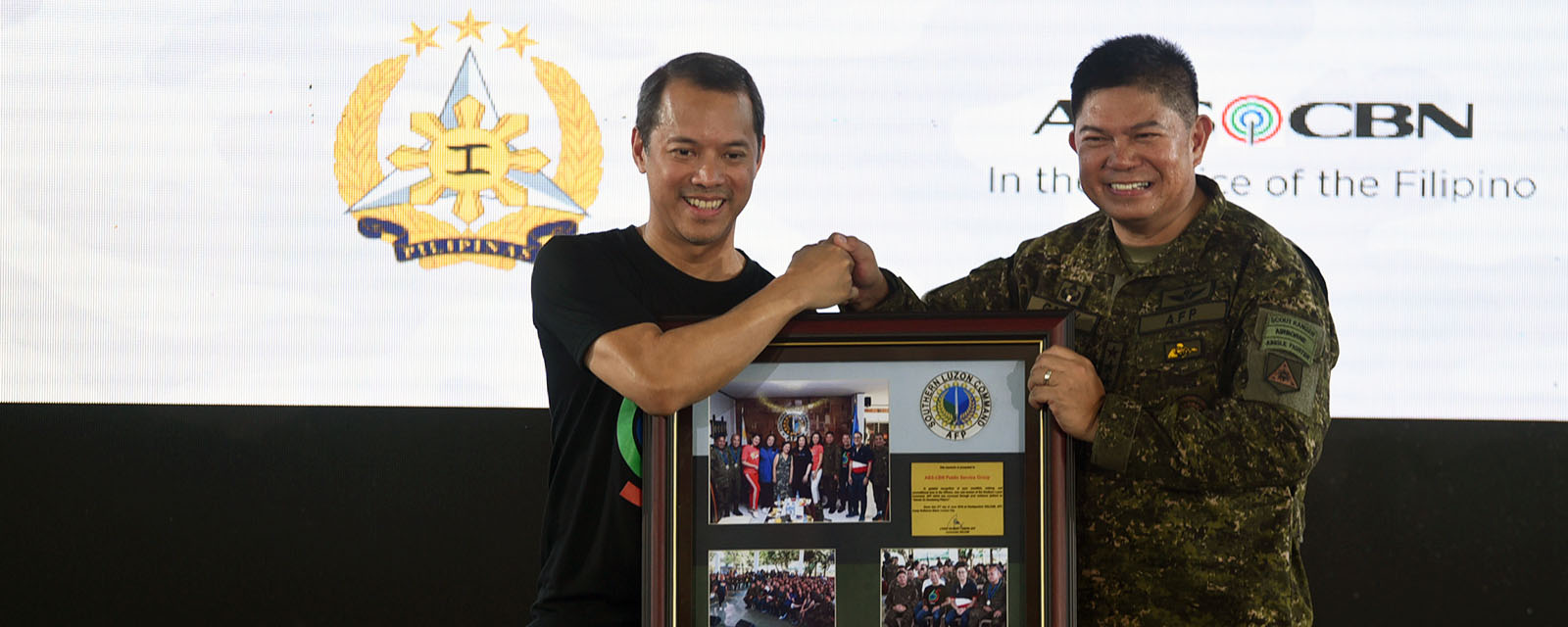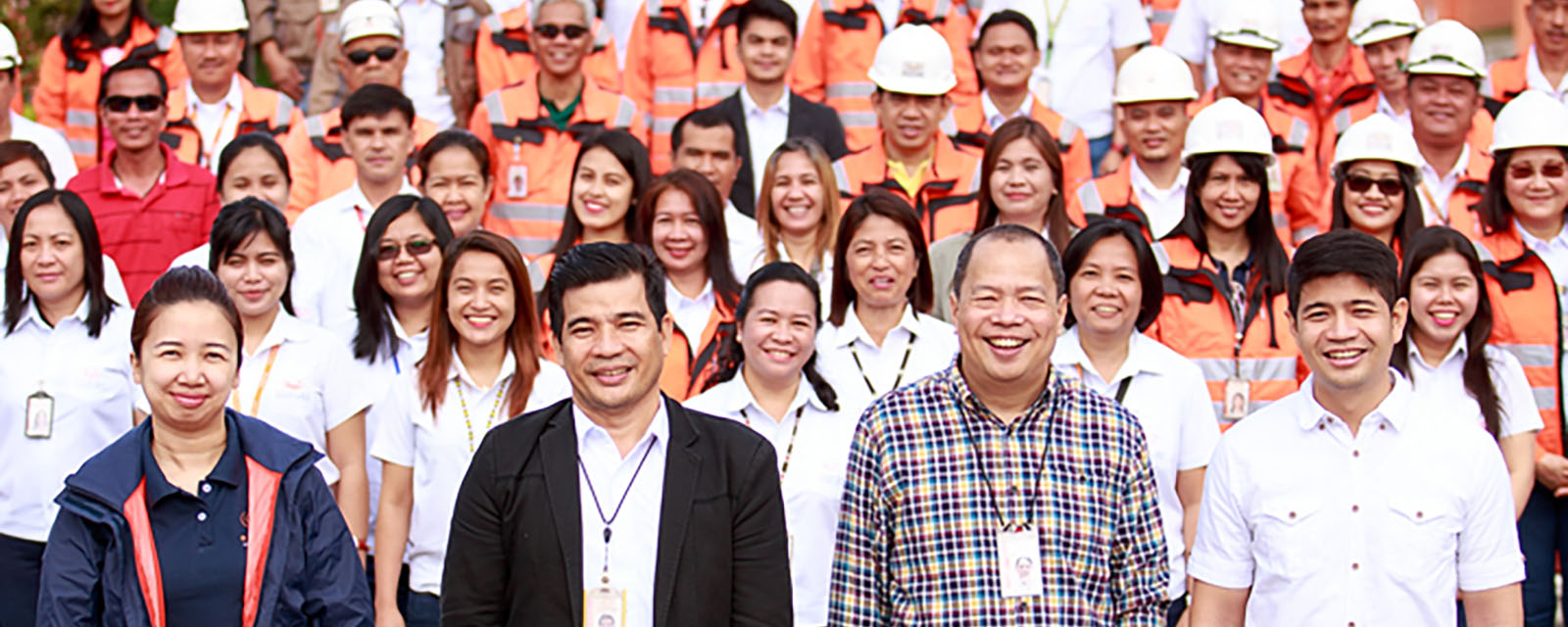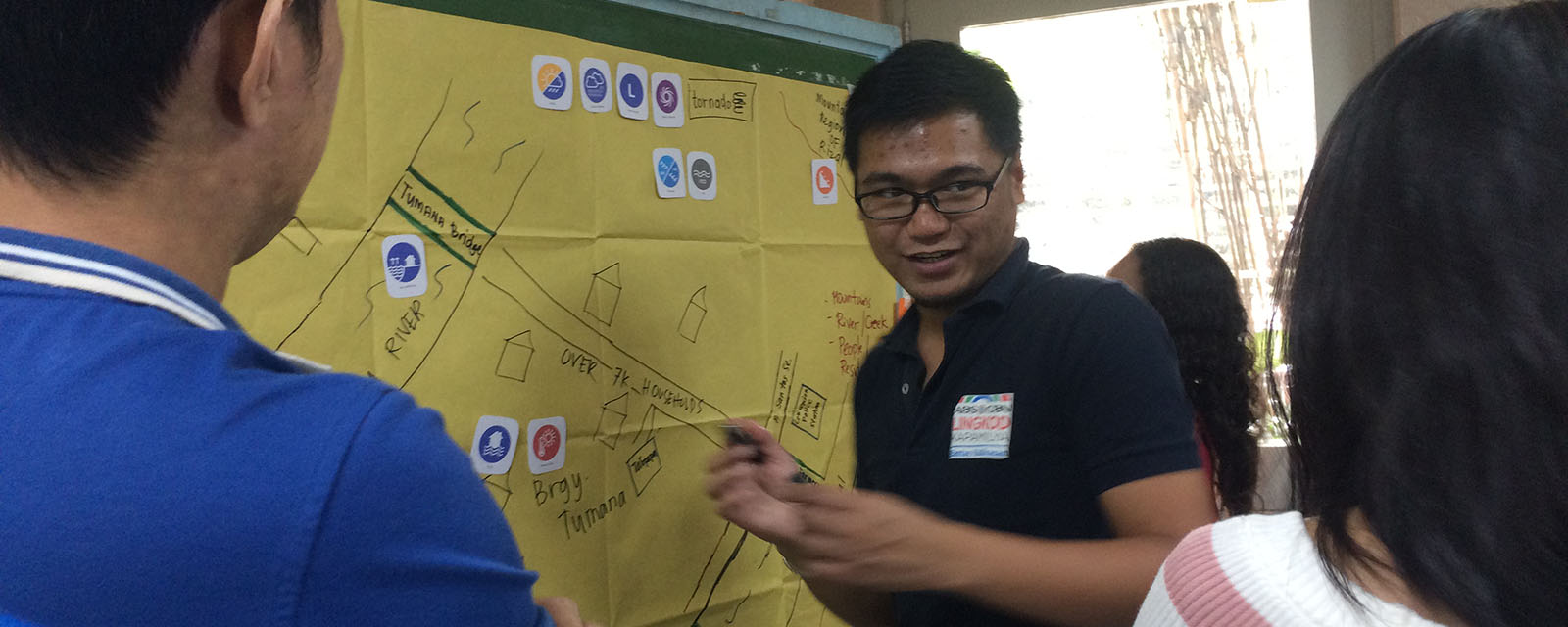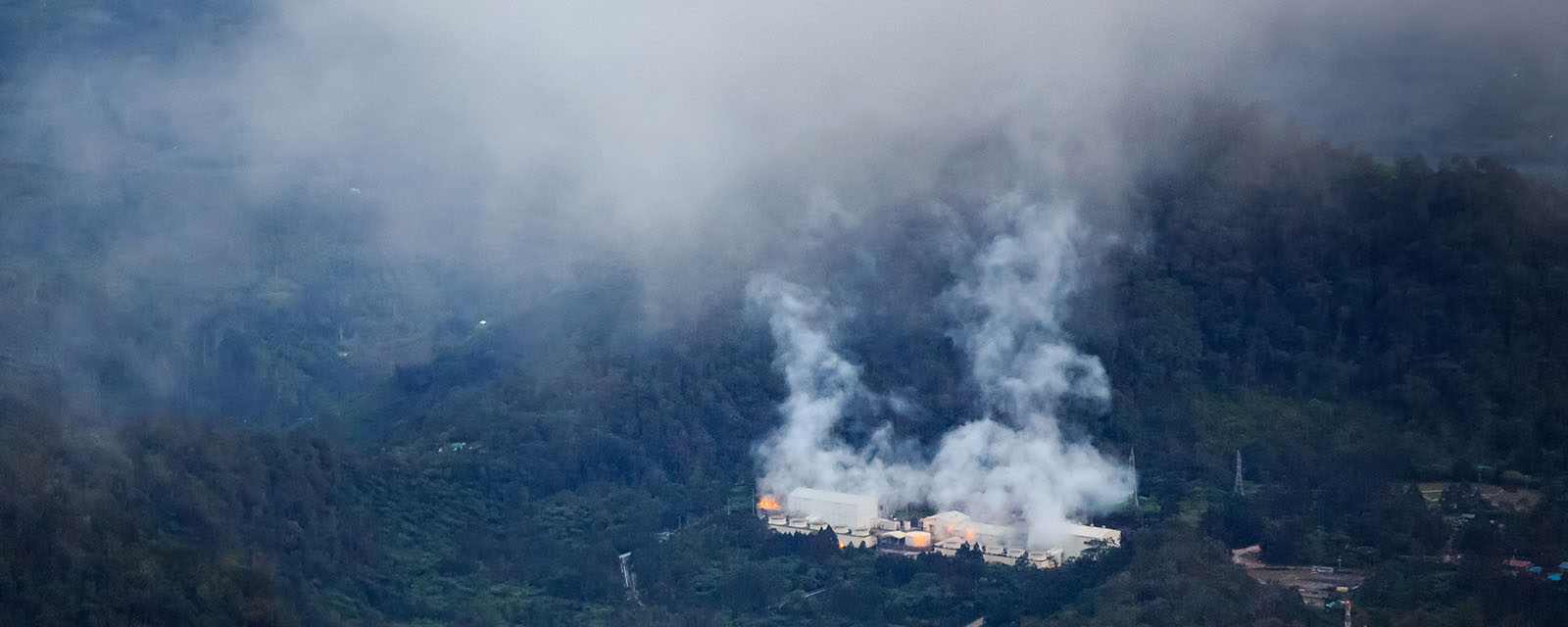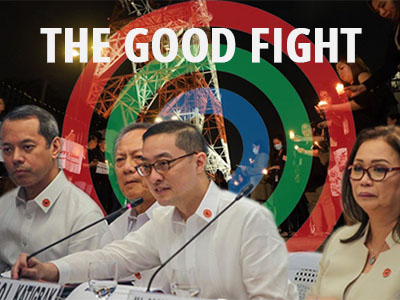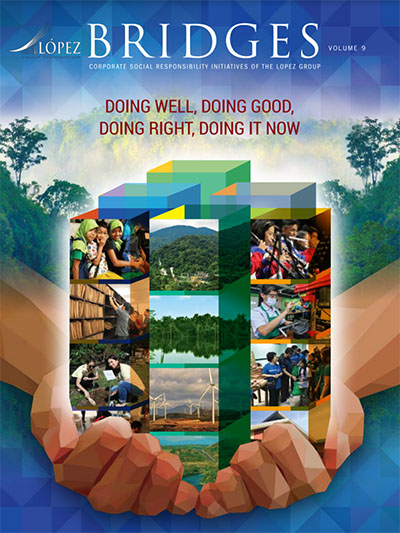
The world awoke to renewed hope on December 12, 2015, the day 195 nations committed to work together to save the planet from climate change. Though the phenomenon we now know as climate change was first predicted in 1896, it was not until a century later that the issue gained traction as a public concern. It was then considered an environmental problem and chiefly the domain of scientists and policymakers.
But as climate change accelerated and affected larger swathes of the population, private sector involvement has increased. It makes business sense to act rather than react, to seize opportunities to adapt, as the future cost of inaction is projected to be greater than the cost of action now. Businesses can play many roles:
Innovate and deliver climate services and adaptation technologiesInvest in climate-resilient designs and locationsPartner with other businesses for economies of scale and greater synergyInfluence policy for effective climate actionEngage civil society and increase awarenessSpread risk and speed up recoveryFund solutions
The Lopez Group is an early investor in climate proofing. The corporation is not only protecting its assets and sustainability; it is helping its employees and the communities in which it operates. The company also invests in the Oscar M. Lopez Center for Climate Change Adaptation and Disaster Risk Management Foundation, Inc., to broaden its impact on society through science-based solutions.
Building Knowledge
In 2012, our Chairman Emeritus, Mr. Oscar Lopez spoke about the need for climate-related research where the gaps in knowledge are many. In keeping with this vision, the Center has given out 17 grants for research into climate science and adaptation, among them technologies to deal with severe weather and flooding, how changing weather conditions may affect food and water security, and how to enhance the resilience of vulnerable groups such as the poor and the indigenous people.
The Center also collaborates on joint projects with other organizations. In the wake of typhoon Haiyan/Yolanda, the Center initiated a study with the Office of the Presidential Assistant for Rehabilitation and Recovery, to guide the evidence-based rehabilitation of affected communities in Leyte and Samar Island. The Center also partners with the Philippine Atmospheric, Geophysical and Astronomical Service Administration (PAGASA) to analyze decades of weather information to produce The State of the Philippine Climate.
The Center also carries out its own assessments of weather and climate, vulnerability and risk, loss and damage. Available technologies are pressed into service for climate adaptation, such as the use of LiDAR (Light Detection and Ranging) and GIS (Geographical Information System) to map out flooding in agricultural areas to help farmers discern the appropriate rice varieties to plant.
Sharing Knowledge
The objective of generating climate knowledge is to make the knowledge accessible so that the general public will be able to take action. To this end, the Center freely shares the information it generates and collects through its website (www.omlopezcenter.org). Links to the Center’s Climate Knowledge Portal, and Climate, Disaster and Development Journal or CDDJ (an open access platform for peer-reviewed papers) are also found on the website.
In collaboration with the Southeast Asian Regional Center for Graduate Study and Research in Agriculture (SEARCA), the Center created a course on inclusive and sustainable agricultural and rural development; the course was recently offered at the University of the Philippines Open University.
To communicate key messages to the general public in this digital age, the Center capitalizes on social media such as Facebook and Twitter. One grant project has resulted in the Weather Up! mobile app, now available on Apple’s App Store and Google Play; it is the first of its kind interactive weather forecast app in the Philippines. Another grant has resulted in a Web-based modeling tool, the Disaster Risk Estimation and Analysis with Leontief-based Models or Disaster-REALM, which allows users to estimate the economic ripple effects of various disaster scenarios through inoperability input-output modeling.
Internally, the Center provides weather updates and other forms of technical expertise to the Lopez Group of Companies to help leaders and managers make informed decisions.
Spreading the Word
Participation in various local and international conferences allows the Center to disseminate information, as well as to validate and exchange ideas with other experts.
For instance, when Mr. Oscar Lopez represented the Philippine private sector at the 9th Senior Disaster Management Officials Forum, he emphasized the crucial role the private sector can play in planning ahead and mobilizing resources for quick recovery in times of disaster.
And to further increase awareness about climate resilience, the Center put up an exhibit at the Small and Medium Enterprise (SME) Summit intended to encourage SMEs to update the way they do business to respond to 21st century challenges.
Other notable events include the East Asia Summit: Climate Change Adaptation Workshop, the Carbon Column Project Partnership Meeting, and the Workshop on Translating Climate Disaster Information for Effective Decision-Making.
Building Network and Partnerships
Our President, Mr. Richard Tantoco, takes a systemic view of sustainability which he refers to as “integral sustainability.” In this interconnected world, in which one action can affect many others, alliances are crucial to increase awareness among stakeholders, create continual visibility of the issues, and influence decision-makers to act on climate change.
The Center has begun to build a strategic network by partnering with organizations at the local, regional and international level. The Center is part of a regional network through the Pan Asia Risk Reduction Fellowship Program, and collaborates with the Asia-Pacific Network for Global Change to study the effects of climate change on low-lying coastal cities in the region. Among its international collaborators are the World Agroforestry Center, the Global Change System for Analysis, Research and Training, and the Commonwealth Scientific and Industrial Research Organization.
The OML Center Footprint
During the grant awarding ceremony, Center Chairman Federico Lopez delivered the keynote speech on behalf of the Chairman Emeritus. “Why, with all that science has discovered about climate change, has there been comparatively little action in addressing the cross-sectoral, cross-cutting, cross-border issues to which climate change has given rise?” he wondered. “Making research findings available to the general public has not guaranteed action or even greater public awareness and increased sense of urgency.”
The work that the Center does is intended to address that question and to enable stakeholders at all levels to incorporate climate change as a filter in all their decisions and choices. Moving forward, it is poised to enlarge its footprint in the climate change sector, to rally others to the cause.
A soldier once said, “The will to conquer is the first condition of victory.” The world has demonstrated its will to conquer. It is time to join forces to attain the collective victory.

